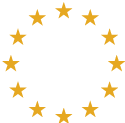
FERTIMANURE is a project dedicated to the innovative nutrient recovery
from secondary sources for the production of high-added value FERTIlisers from animal MANURE.
FERTIMANURE is an EU-funded project (Grant Agreement N° 862849), which develops, integrates, tests and validates innovative Nutrient Management Strategies to efficiently recover mineral nutrients and other relevant products with agronomic value, from animal manure. FERTIMANURE will obtain reliable and safe fertilisers that can compete in the European fertiliser market.
20 partners from 7 EU countries, Argentina, and Chile are joining forces to implement this project.
 A PARTNERSHIP BASED ON COLLECTIVE INTELLIGENCE
A PARTNERSHIP BASED ON COLLECTIVE INTELLIGENCE
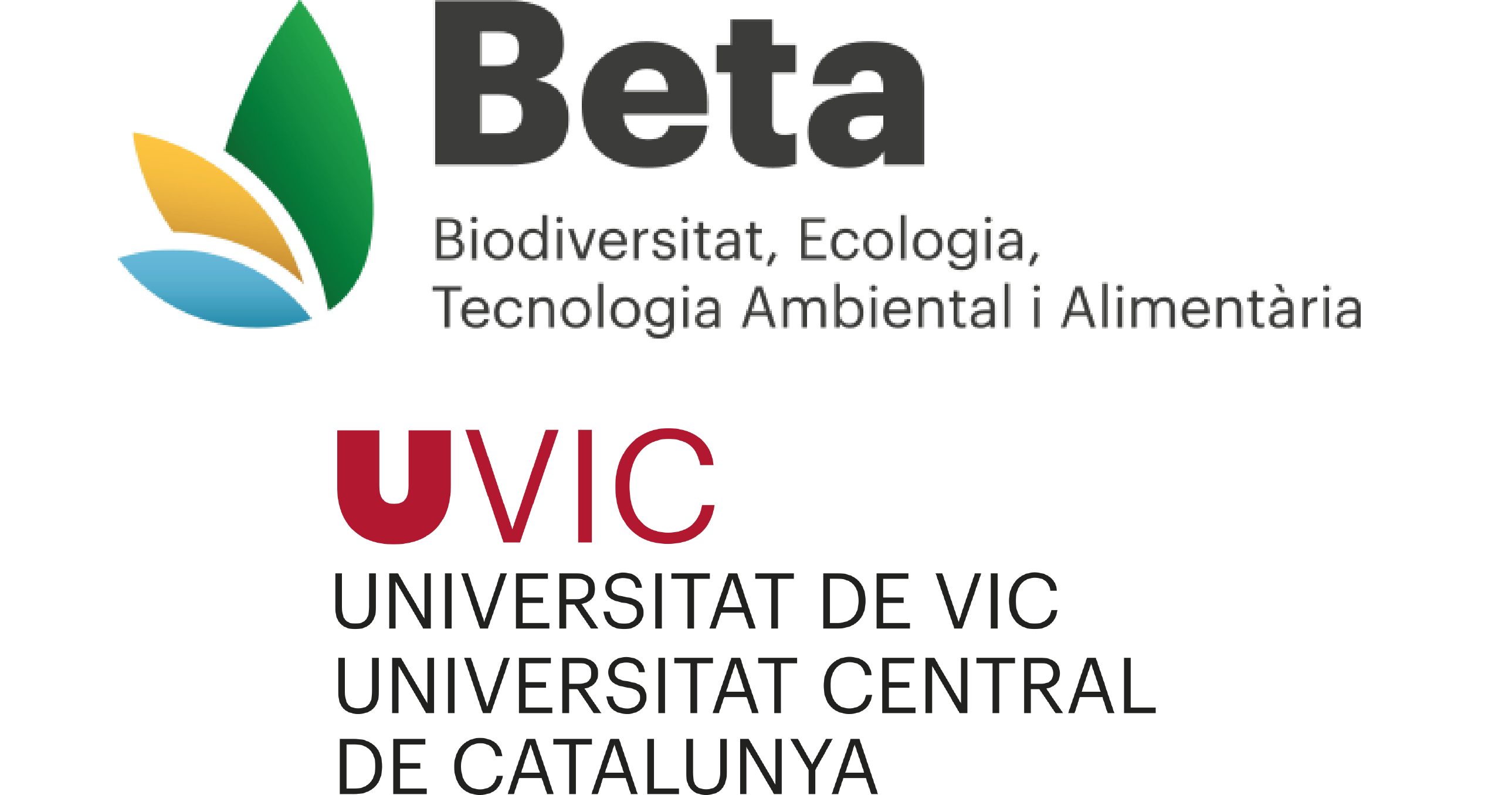
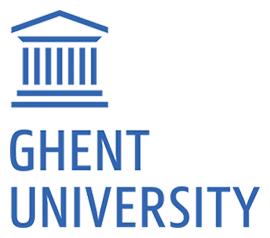


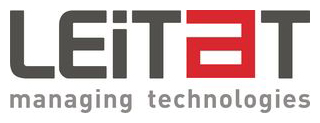
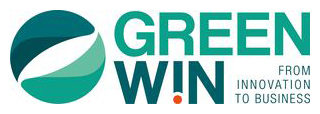
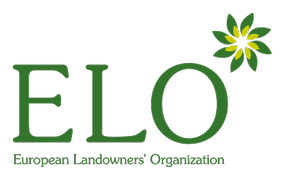



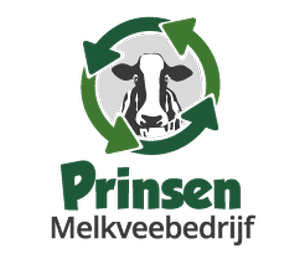
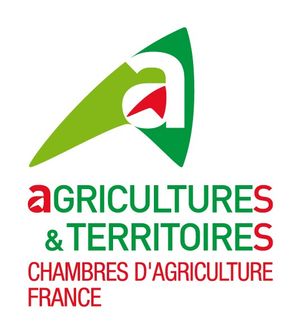
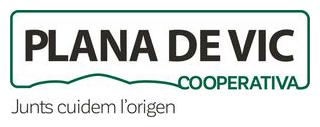


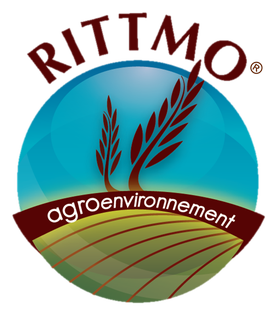

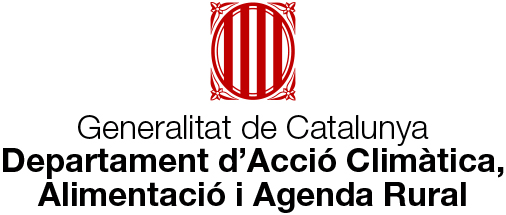
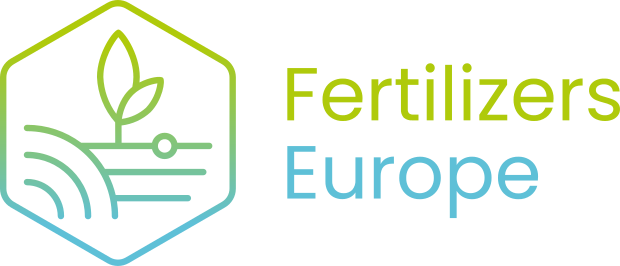
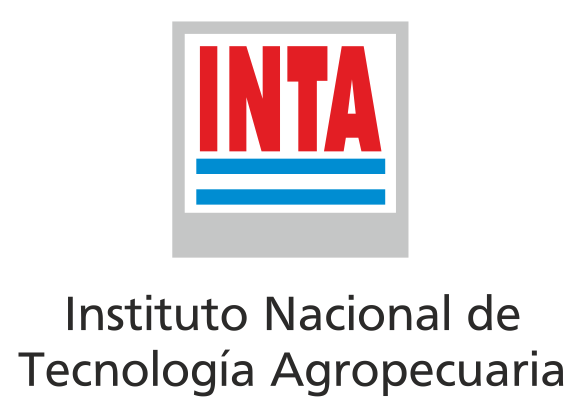

About:
The Technological Centre for Biodiversity, Ecology and Environmental Technology (BETA Tech Centre) at the University of Vic – Central University of Catalonia (UVIC-UCC), aims to improve competitiveness and technological development in companies through R&D projects at local, state, European and international levels by developing and transferring innovative and competitive technology with sustainable criteria to the food, waste, and environmental sectors.
UVIC is the coordinator of the project and the lead in its day-to-day management. As such, it insures the liaison between the consortium and the EC. UVIC is also the Sustainability Assessment (WP5) lead under which environmental, techno-economic and social assessment will be carried out. In addition UVIC is highly involved in WP2, being the body responsible for the Spanish pilot study, and in WP4, managing one of the field demo sites.

About:
Ghent University (hereafter UGent) is one of the most important academic institutions for higher education and scientific research in Belgium. On the Shanghai Index, UGent is ranked among the Top 100 Universities in the world, in 9th place for Agricultural Sciences. UGent is also part of the network of European Universities and is actively involved in numerous EU-funded projects in scientific research and academic education. The group participating from UGent is the Laboratory of Environmental Chemistry.
The ECOCHEM-C2C research group, led by Prof. Erik Meers, is dedicated to agro-industrial environmental chemistry and technology. It is involved in research on bioresource recovery, including the establishment of biogas for a new generation of biorefineries, aiming at recovering bio-based mineral fertilisers. After extensive involvement in European project activities, the Biorefine Cluster Europe was founded at UGent with the aim of interlinking projects within the fields of nutrient and energy cycling, bio-energy and biorefineries so as to maximize their impact on resolving the challenges that they face?
UGent is the WP4 lead (demonstration of end-product performance: incubation, pot test and field trials), and manages a field site for this WP. UGent is also responsible for the on-farm pilot in Belgium (WP2). In WP3 UGent leads the task 3.5 related to transport models and logistics of fertilisers.

About:
Stichting Wageningen Research (WR) consists of a number of specialised institutes for applied research in the domain of healthy food and the living environment. It collaborates with Wageningen University under the external brand name Wageningen University & Research. WR offers a combination of practical, innovative and interdisciplinary scientific research across many disciplines related to the green world and the sustainable use of the living environment. The group from its Wageningen Environmental Research institute (WENR) participating in this project is the Sustainable Soil Use subdivision.
WENR is the lead for the project in respect of WP3, the production of tailor-made fertilisers and quality assessment. WENR runs the Dutch pilot plant (WP2) and is highly involved in the field test trials (WP4), managing a field site.

About:
The University of Milan is a public teaching and research university, with 8 faculties and 2 schools, and a teaching staff of more than 2,000 professors. It is distinguished by its wide variety of disciplinary fields. A leading institute in Italy and Europe for scientific productivity, the University of Milan is the largest university in the Lombardy Region, with approximately 64,000 students; it is also an important resource for the socio-economic context of which it is a part. The group from UMIL participating in this project is the Laboratory of Bioeconomy and Green Chemistry.
UMIL is the WP2 lead where pilot plants are set up and monitored, and involves the development of mass and energy flows and balances of the on-farm tests. It is the WP1 lead in tasks on nutrient imbalances. In WP3, UMIL will be responsible (along with AGRI) for the formulation of the biological activated organic amendments.

About:
LEITAT is a Technological Centre specialised in production technologies, developing R&D activities in the areas of engineering, material science, the environment, biotechnologies and renewable energies. It has extensive knowledge and experience in technological transfers towards several industrial sectors. LEITAT is recognised by the Spanish Government as a CIT (Centre of Technological Innovation) and is one of the five Technological Centres accredited by the Regional Government of Catalonia. Involved in the project are the Bioresources and Agrifood Technologies section, the Industrial Biotechnology and Applied Microbiology group and the Separation and Purification group.
LEITAT Chile is a private non-profit technological centre (with 2 locations) that is part of the LEITAT group. LEITAT Chile works in the fields of nanotechnology, advanced manufacturing, and the circular economy, capable of becoming a technological partner able to create economic, social and sustainable value for companies and entities through research services and new technology developments. LEITAT Chile will cooperate in different WPs providing information from Chile and adapting FERTIMANURE execution work according to Chile’s requirements.
LEITAT will lead WP1, which analyses the current situation in respect of the management of animal manure and bio-based fertilisers. LEITAT will have an important role in Task 2.2 corresponding to the case study in Spain, where it will be working on treating the liquid fraction of pig slurry. LEITAT will be in charge of the membrane processes and algae biomass conversion to produce biostimulants. It will also analyse the presence of antibiotic resistance genes (AGRs) in inflows and outflows.

About:
GreenWin is an accelerator in the environmental sector. It is one of the 6 Walloon innovation clusters which aim at tackling major technological challenges in an eco-responsible, sustainable and circular economy. Its mission is the growth of sustainable industrial activities and job creation in Wallonia. GreenWin supports innovation and promotes the development of collaborative R&D projects around 3 strategic sectors, namely green chemistry (bio-based chemistry, use of CO2, biotechnologies), innovative materials & processes in the building sector (energy storage, energy efficiency, production of materials and building systems) and environment remediation technology (waste & recycling management, water and air treatment, soil remediation, sludge recovery).
GreenWin is the WP7 and communication lead, ensuring the timely and successful execution of communication and promotion around the project and its results, mapping the relevant projects and initiatives to connect with, and launching common communication and publicising activities. GreenWin will also participate in the market landscape analysis of end-user preferences and of the bio-based fertiliser market.

About:
The European Landowners Organisation – ELO asbl, created in 1972, is a unique federation of national associations from the EU28, which represents the interests of the landowners, land and forest managers, and rural entrepreneurs at the European political level. ELO’s statutory commitment is to defend and promote sustainable development, conservation and protection of the environment, renewable energies, and responsible use of natural resources.
ELO will lead the development of the Social Impact Assessment carried out in Task 5.4 and in the assessment of regulatory constraints and opportunities of the current legislation framework (WP1 and WP6). ELO will also act as a multiplier, actively participating in communication and dissemination activities (WP7).

About:
IPS Konzalting is a consultancy firm supporting the business development of companies in the agricultural, industrial, public and SME sectors. The company´s mission is to promote sustainable energy concepts and solutions in biomass, biogas, waste and wastewater, all in strong connection with agriculture. Moreover, IPS offers agricultural and RES (particularly biogas) counselling (business counselling, technical studies, environmental impact studies) aimed at raising the competitiveness of private companies within a framework of sustainable production.
IPS is the WP6 lead - market potential, business plan, and exploitation. Together with the fertiliser companies and farmers in the consortium, IPS will be responsible for developing path-compatible business models and business plans. IPS is also involved in WP1 and WP5.

About:
Fraunhofer is the largest organisation for applied research in Europe. Its UMSICHT institute is the founder of the TCR and nutrient recovery process from digestate that is proposed in this project. It has significant expertise in building operational demonstrator plants and carrying out research across the whole spectrum of TRL levels. The institute at Sulzbach-Rosenberg is led by Director Prof Andreas Hornung who has extensive experience in managing and coordinating several multimillion euro EU-funded projects, all in related topics. FHR is involved in this project through its Department of Renewable Energy.
FHR is mainly involved in WP2 and will lead the subtask 2.1.3 related to the German on-farm pilot. FHR will build and operate a demonstration plant for fertiliser and soil amendment production from cattle dung. FHR will also participate in WP4 by assessing the agronomic performance of its produced BBFs under controlled conditions: pot tests for fertiliser and soil amendment performance evaluation.

About:
Dorset Green Machines is a Dutch machine manufacturing enterprise, whose main focus is on air cleaning systems and organic waste stream processing, such as the drying/evaporating/pelleting of digestate, manure or sludge.
DORSET is the technology provider in the Dutch on-farm pilot that will be installed and operated at the Prinsen plant in task 2.1.2. DORSET will also benefit from the results of WP6 relating to the exploitation of the technologies.

About:
Prinsen Dairy Company is located in the Eastern part of the Netherlands (city Haarlo; region Achterhoek) and is a dairy farm with a biogas installation. A nutrient recovery installation was recently constructed there (mid 2018 – Q1 2019). Both the owner and one of his employees are managing the new nutrient recovery system. Prinsen Dairy Company has invested in nutrient recovery to make nutrient-rich fertilisers that are needed for its own crops, as well as for the market. In collaboration with Friesland Campina, Prinsen Dairy Company aims to develop a ‘next level’ fully-sustainable dairy farm.
The main contribution of APS is to manage the Dutch on-farm pilot in task 2.1.2. APS will also improve the installation to achieve better/optimal performance. APS will also benefit from the results of WP6 related to the business model targeted at farmers.

About:
The French Chambers of Agriculture were founded in 1924, and their national umbrella organisation, the Permanent Assembly of Chambers of Agriculture (APCA), was founded in 1935. The French Chambers of Agriculture are self-governing public bodies, managed by elected farmers. Their role is to represent farmers within the context of public authorities and to provide services to farmers and other rural stakeholders. These services include technical advice, training, coordinating groups of farmers, experimentation and demonstration, and producing technical and economic references.
In WP2 and in collaboration with RITTMO (see below), the French Chambers of Agriculture will operate the on-farm pilots in France (notably in Brittany and in the Grand Est, between Strasbourg and Reims) to make French BBFs (subtask 2.1.5). In addition, they will be highly involved in performing the evaluation of the agronomic performance of BBFs and TMFs on fields, notably in the two aforementioned regions and in the Somme (T. 4.2. and 4.3). Moreover, they will, throughout this project, involve farmers, advisors and other stakeholders in order to identify their needs (T.1.2.), invite them to participate in demonstrations (T.4.4.), assess the economic, environmental and social impacts of biofertilisers (WP5) and disseminate results during events and through various mediums (WP7).

About:
Cooperativa Plana de Vic (CPV) was founded in 1966 by a group of livestock farmers from the Osona region with the aim of increasing the value of the members' production, making the farms more efficient and competitive and finding new avenues of commercialisation by way of a powerful and innovative trademark. CPV covers the entire production chain, from the very start (with the manufacture of animal feedstock) to the commercialisation of processed products both in CPV's shops and through catering, collectives and food establishments, and through the export trade. It also includes the integral management of the farms (animal welfare and all technical services linked to the farms, including livestock waste management) and the transformation of meat into various meat products.
The main contribution of CPV is to operate the Spanish on-farm pilot in task 2.1.1. CPV will also improve the installation to achieve a better / optimal performance. APS will also benefit from results of WP6 related to the business model targeted at farmers.

About:
AlgaEnergy is a Spanish SME specialised in the field of microalgae biotechnology. Since its establishment in 2007, the company has worked as a vehicle to consolidate the vast existing scientific knowledge in the microalgae field in Spain. AlgaEnergy, with substantial R&D programs (through both private and public funding), is managed by a team of entrepreneurs and scientists with solid track records, proven successes and extensive experience within their respective fields.
ALGE will participate in the valorisation of the liquid fraction of the effluent derived from pig manure, once it has been treated through membrane filtration for microalgae cultivation in AlgaEnergy’s photobioreactors, to obtain biostimulants. ALGE will also benefit from the results of WP6 relating to the business exploitation plan for the technology providers and for the business plants in respect of the commercialisation of the biostimulants.

About:
Fertinagro Biotech, S.L. is a Spanish company, based in Teruel. Fertinagro is a company belonging to the Tervalis Group, a business that is a leading supplier of fertilisers for agricultural use in Spain. With 18 production centres and a production capacity of 2 million tonnes, it operates in more than 50 countries in Europe, Africa, America and Asia. The company has specialised in the development of new tools for plant nutrition, and, since its inception, has opted for innovation and research, developing new solutions for a more sustainable and efficient agriculture.
Fertinagro’s main activities are related to WP3. On one side FERT is the leader of task 3.3, on-farm production of tailor-Made fertilisers, whereby it will produce standardised and tailor-made fertilising products from pig slurry. And in WP3, FERT will develop integral fertilisation programs (IFP) for each target crop in the selected areas.

About:
Created in 2001, Agroenvironnement is a private non-profit research institute working on fertilisation and the reuse of biomasses to produce fertilisers under sustainable conditions: preserving soil quality, ensuring agronomic interest, etc. RITTMO’s researchers work on soil microbial indicators that are affected by agricultural practices and the application of fertilisers, on biostimulants (microbial or not), on plant nutrition and new products that can be developed to solve agroenvironmental problems, on processes for biomasses conversion into fertilisers and on soil quality impacted by content in organic matter.
RITTMO is the leader of a French on-farm pilot. RITTMO will also develop the mobile unit to test pyrolysis and stripping to test these processes on-farm. RITTMO will also actively participate in WP4 (demonstration of the bio-based fertiliser’s performance: pot tests and field trials) contributing to the characterisation of fertilisers produced in the project.

About:
Agrifutur is a private enterprise that has been working in the field of applied microbiology for agriculture with a high level of expertise since 1983. The company started its activity with the development of products based on nitro-fixing bacteria Bradyrhizobium japonicum for soybean. In the 1990s, on account of the improved ability in production and formulation of beneficial organisms, the company started developing biological control agents (BCA) based on bacteria and fungal strains such as Trichoderma harzianum 908, Metarhizium anisopliae BIPESCO 5, Beauveria brongniartii BIPESCO 2 and Pantoea agglomerans P10c, that are very effective in the control of a wide range of pests.
AGRI will be mainly involved in the WP3 for the development of microbial inoculants for organic substrate that are the output of WP2. AGRI will also assess the BBF and TMF properties for organic farming task 3.2. Moreover, AGRI will be involved in WP4 (subtask 4.1.3) to produce the new fertiliser inoculated with beneficial microorganisms and test its agronomic performance.

About:
DARP is the agriculture, livestock, fisheries and food authority in Catalonia, which means that it is the public body in charge of agrarian and environmental production. The main functions of this institution are set out in the following three points: 1) to plan and coordinate prevention and environmental control in the agrarian sector; 2) to supervise and reinforce the improvement of good agricultural practices in farms, taking special care of manure management and irrigation systems; 3) to adapt and transfer knowledge to the stakeholders, by giving advice to farmers and by informing society. Participating in this project is its Soil and Environmental Management of Agronomic Production subdivision.
DARP will be actively involved in WP1 (FERTIMANURE framework), mainly in the policy and legislation assessment and in the analysis of the regional nutrient imbalances. DARP will also be involved in the assessment of the agronomic performance of the BBFs and TMFs together with UVIC in the field trials developed in Spain according to WP4. DARP will act as a multiplier and will therefore have a key role in WP6 and WP7.

About:
Fertilizers Europe represents the majority of fertiliser producers in Europe and is recognised as the dedicated industry-related source of information on mineral fertilisers. The association communicates with a large number of institutions, legislators, stakeholders and members of the public who seek information on fertiliser technology and on topics relating to today’s agricultural, environmental and economic challenges.
Fertilizers Europe will be actively involved in WP1 (FERTIMANURE framework), mainly in the policy and legislation assessment and in the market landscape analysis. Fertilizers Europe will act as a multiplier and therefore will have a key role in WP6 and WP7.

About:
The Argentinian National Institute of Agricultural Technology (INTA) is a state agency that promotes innovation and contributes to sustainable development through technology R&D, contributes to the creation of public policies and their application and to national and international government cooperation.
INTA will report on the Argentinian situation in respect of fertilisers and amendments and will carry out a review of the legal framework pertaining to Argentinian fertilisers and how it compares with the EU (WP1). INTA will participate in the distribution of project materials and in communication (WP6). Exchange visits will be undertaken in order to foster the transfer of knowledge and experience between European and Argentina participants (WP7).
 Stay tuned
Stay tunedThrough the collaborative efforts of our dedicated partners across Europe, the FERTIMANURE project has developed a suite of practical, user-friendly tools designed to support farmers, producers, researchers, and decision-makers in fostering sustainable fertilisation practices. These tools were crafted to address real-world needs during the project’s lifetime, making them valuable resources for the industry and beyond.
READA 2-days event in the the Netherlands, with a final overview of the project results was presented by the partners, showing that the outcomes overreached the objectives planned at the beginning of FERTIMANURE.
READand have a grasp at the extent of the success of this revolutionising project for better and more environment-friendly farming pratice
READTime is up ! We are finalising this amazing project and revealing its encouraging results for more circular and virtuous farming practices !
READYours to download and be inspired !
READ